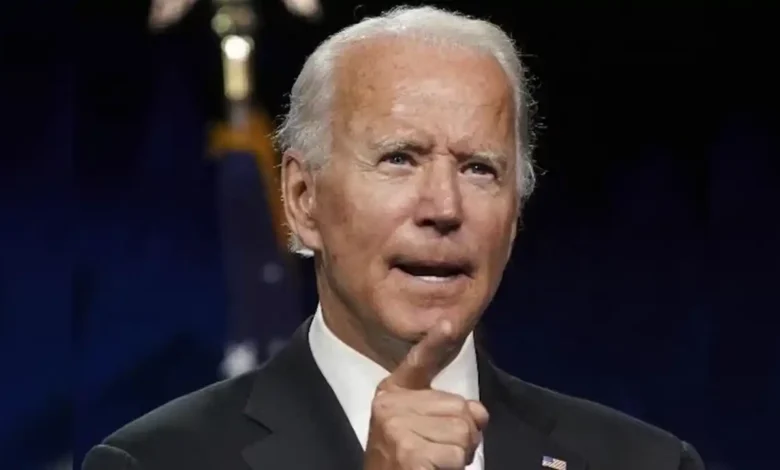Joe Biden Tests Positive For COVID-19, Stops Political Activities

US President Joe Biden has been tested positive for COVID-19, leading him to stop all political activities.
According to US media, the 81-year-old President Joe Biden tested positive for COVID-19, and has to stop all political activities.
The White House stated that President Biden has mild symptoms and has received the COVID-19 vaccine. He will continue to carry out his duties in self-isolation.
US President was on an election campaign in Las Vegas when it was announced that he tested positive for COVID-19, preventing him from giving a scheduled speech.
Read Also: Joe Biden Plans Major Reforms For US Supreme Court
The news of Biden’s COVID-19 infection has created a new dynamic in the political landscape. Both his opponents and supporters have expressed concern about his health.
Biden’s diagnosis has impacted his campaign efforts, which were crucial for preparing for the upcoming elections.
Despite contracting COVID-19, President Biden has expressed his determination to continue fulfilling his responsibilities. Questions about his age and health were already a topic of political discussion, and this news has intensified those concerns.
Opponents are using this opportunity to question Biden’s health and capabilities.
In response to Biden’s COVID-19 diagnosis, global leaders have also reacted, sending well-wishes for his swift recovery.
Furthermore, Biden’s positive test has prompted a renewed focus on pandemic protocols within the White House and among other political figures. It serves as a reminder of the virus’s ability to affect even the highest levels of government, influencing decision-making and public perception.
As the situation develops, the American public awaits updates on President Biden’s health and his ability to resume normal activities. This development comes at a critical juncture in US politics, potentially reshaping the narrative leading up to the next election cycle.
The impact of Biden’s diagnosis extends beyond national borders, influencing international perceptions of US leadership during a global health crisis. The resilience of political leaders facing health challenges remains a significant topic of discussion, highlighting broader implications for governance and public trust.